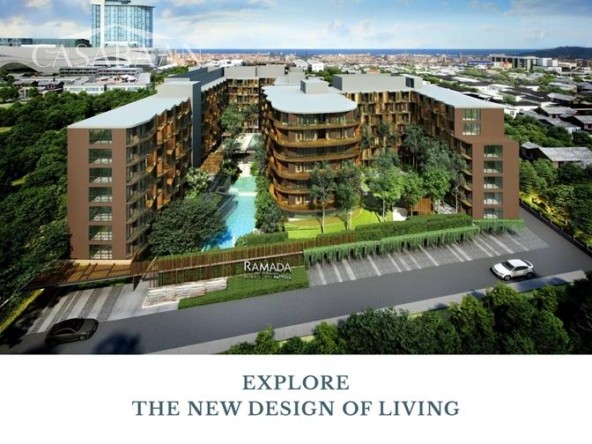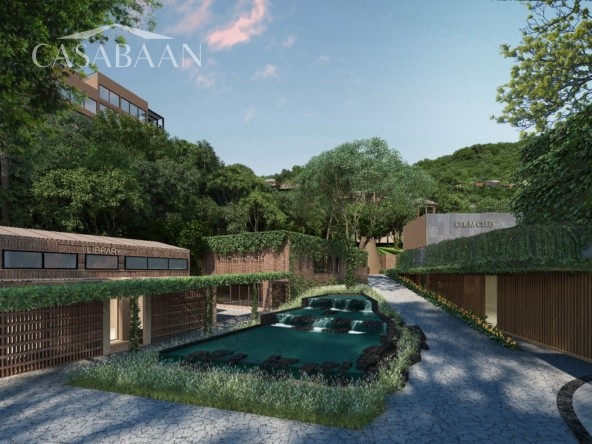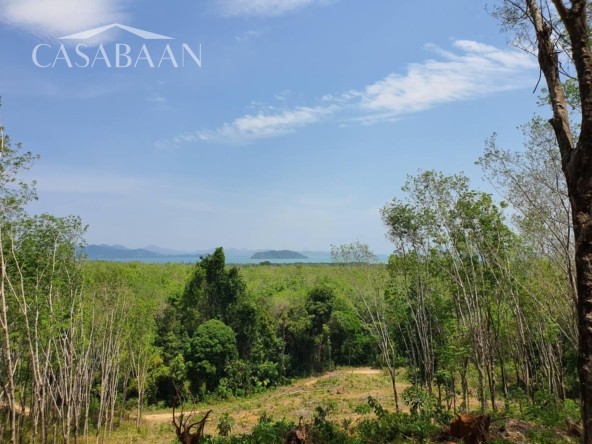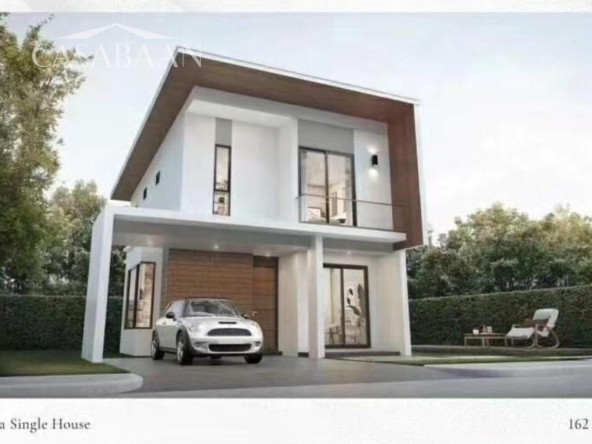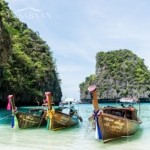Property Ownership
The reasons to buy property in Thailand come down to a personal choice, and depend on your individual circumstances. Perhaps you will be relocating or retiring in Thailand for some years and you see long term rental as ‘wasted’ money, or perhaps you’re looking for an overseas property investment that will surrender a rental income, while providing you with a place to stay on holiday when you visit.
Property values in Thailand have increased year-on-year at a rate of around 13% per year, but in many places notable in popular cities and coastal areas prices have increased by 30% to 50% per year. As with all property, the relative value and appeal of land and property in Thailand comes down to the three key factors: location, location, location.
Another important factor to consider in Thailand when buying property is the developed state of local and surrounding infrastructure in the location you’re looking at. Not all areas are well developed, and property prices will be cheaper in those that are not. However if, for example, a high speed road is built connecting a previously ‘remote’ location to other, better developed places, you may see a property investment in that area increase substantially. Thailand is a diverse country and many of the islands have seen significant improvement with road and communication infrastructure which is improving every year, with most major places now adequately connected.
The outlook for the real estate investment market in Thailand is very promising. Currently, real estate is hot in most of the developed regions such as Bangkok , Koh Samui and Phuket. Other areas like Pattaya and Hua Hin are gaining interest from local and overseas developers as well. Foreign investors are targeting Thailand for long term investment in real estate and tourism as the Kingdom is one of the more secure countries in Asia with still a lot of potential for growth. With large economies like India , China and Russia around the corner and a reliable government, steady economic growth is generally expected and demand in the tourism real estate is likely to increase further.
Foreign Ownership
Foreign nationals are not allowed to own land in Thailand , they’re only allowed to own a building on the land. However, there are legal alternatives that allow a foreigner to own or have control over their investments.
Leasehold
A foreign national can own land through a leasehold construction, which are safe and uncomplicated. Land is leased for a period of usually 30 years with appropriate extensions, all registered with the local land office. As the lease is renewable after the lease period has ended, it is practically the same as owning the land.
Freehold Control
Another option to be fully in control of the land is to actually set up a Thai company, whereby the Thai company owns the land. The foreign national can have a maximum of 49% of the company shares, but can have full voting and management control of the company (and the land) by using a preferential share system. As both options come with certain responsibilities and demand paperwork and dealing with Thai authorities, it is recommended to be advised to be supported by a legal professional in Thailand.
Land Titles
The lowest form of Thai land titles are those that only provide the right of possession. These titles are for instance given to families that benefit from the land for generations and they have possession rights of the land under the civil and commercial code. Such titles are Sor Kor 1, Tor Bor 5, Sor Por Gor 4 and are only possession rights in order for the families to use it for farming. These titles can not be bought or sold and no building rights or legal acts can be applied to the land. In some cases it is possible for the possessor to upgrade his right to one of the regular title deeds. Usually this is not the case and therefore serious investors will not be interested in these type of titles.
The land title deeds needed to have right of ownership are the so-called Channote, Nor Sor 3 and Nor Sor 3 Gor. Nor Sor 3 and Nor Sor 3 Gor are legal certificates where the person or company shown on the title is a person who has the right to the land (according to the principle law). This right will be recognized by law and can be used as evidence in any dispute with an ordinary person or the government.
Nor Sor 3 Gor is a legal land title with the same legal basis as Nor Sor 3. The difference being that Nor Sor 3 Gor has parcel points on the map, and is set by using an aerial survey to set the points and the land area. Although Nor Sor 3 has legal documents issued for the land, verifying the actual land area can lead to problems.
Chanote is a certificate for ownership of land. A person having their name shown on the deed has the legal right to the land, and can use it as evidence. The title deed has been issued by using GPS to set the area and boundaries of the land. Any legal acts may be done immediately, as per the right of ownership. Land partition of more than 9 plots must be carried out according to the Land Allotment Law, Section 286.
Primary Regions for Real Estate Investment
Koh Samui
The island of Koh Samui experiences heavy interest from investors and buyers as it has practically everything it needs to compete with other locations. Many buyers prefer Koh Samui for the laid-back, casual experience of the tropics. With Chaweng area being the main tourist and entertainment location, real estate developers now focus more on other areas for development. Especially in the pristine and untouched south there is still good land available for medium to high-end developments. Land prices are relatively low compared to other beach locations in Thailand and therefore there the island bears some good opportunities for investors.
Bangkok
The metropolis of Bangkok has been experiencing a property boom over the last couple of years. Prices in the central areas have soared, especially for the CBD. There is good demand for condominium units in the central areas, however the competition is heavy. Housing is practically only available outside of the central areas and therefore not very popular among foreigners.
Phuket
Phuket is Thailand ‘s largest island and is experiencing an ongoing development boom, which is turning the island into a metropolis. It features some of the finest beaches, but has not much seafront or sea view property left for sale, at least not for reasonable prices. Therefore the property market is focusing mainly to the very hi-end market, comprising of hotels and luxury villas. As the land prices have skyrocketed, there is a large demand for condominium units for sale and rent.
Pattaya
Beach and entertainment town Pattaya currently sees a revival of its property market as there is now good demand for low to medium priced second homes. As the little city is only hours away from Bangkok there is good demand coming from expats working in Bangkok , as well as from the wealthier Thai community.
Hua Hin
The relatively small town of Hua Hin is a long stretch along the beach of the western coast of the Thai Gulf . Most hotels were built in the eighties and are located directly at the beach. Hua Hin is also profiting from the ongoing property boom in Thailand , with some high-end products for foreign nationals being constructed. Still, the main interest comes from Thais looking for secondary housing.

